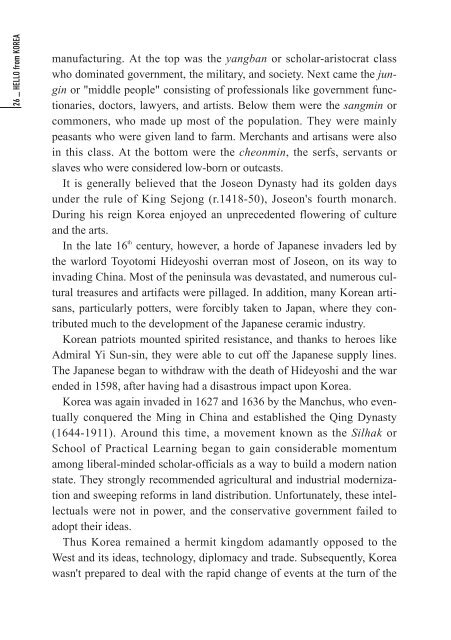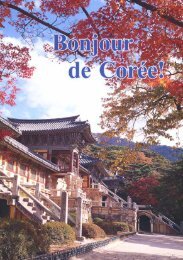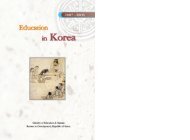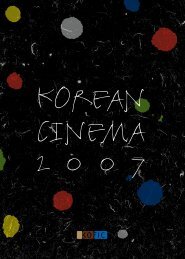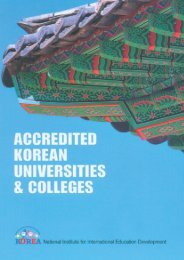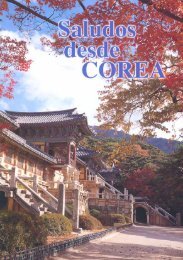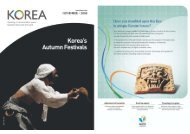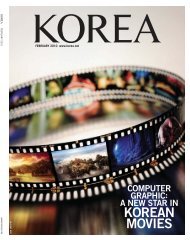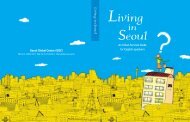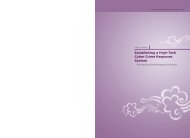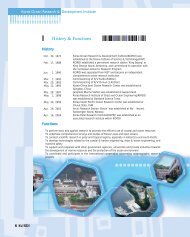HELLO from KOREA
Hello-Eng(3.3) - Korea.net
Hello-Eng(3.3) - Korea.net
- No tags were found...
Create successful ePaper yourself
Turn your PDF publications into a flip-book with our unique Google optimized e-Paper software.
26 _ <strong>HELLO</strong> <strong>from</strong> <strong>KOREA</strong><br />
manufacturing. At the top was the yangban or scholar-aristocrat class<br />
who dominated government, the military, and society. Next came the jungin<br />
or "middle people" consisting of professionals like government functionaries,<br />
doctors, lawyers, and artists. Below them were the sangmin or<br />
commoners, who made up most of the population. They were mainly<br />
peasants who were given land to farm. Merchants and artisans were also<br />
in this class. At the bottom were the cheonmin, the serfs, servants or<br />
slaves who were considered low-born or outcasts.<br />
It is generally believed that the Joseon Dynasty had its golden days<br />
under the rule of King Sejong (r.1418-50), Joseon's fourth monarch.<br />
During his reign Korea enjoyed an unprecedented flowering of culture<br />
and the arts.<br />
In the late 16 th century, however, a horde of Japanese invaders led by<br />
the warlord Toyotomi Hideyoshi overran most of Joseon, on its way to<br />
invading China. Most of the peninsula was devastated, and numerous cultural<br />
treasures and artifacts were pillaged. In addition, many Korean artisans,<br />
particularly potters, were forcibly taken to Japan, where they contributed<br />
much to the development of the Japanese ceramic industry.<br />
Korean patriots mounted spirited resistance, and thanks to heroes like<br />
Admiral Yi Sun-sin, they were able to cut off the Japanese supply lines.<br />
The Japanese began to withdraw with the death of Hideyoshi and the war<br />
ended in 1598, after having had a disastrous impact upon Korea.<br />
Korea was again invaded in 1627 and 1636 by the Manchus, who eventually<br />
conquered the Ming in China and established the Qing Dynasty<br />
(1644-1911). Around this time, a movement known as the Silhak or<br />
School of Practical Learning began to gain considerable momentum<br />
among liberal-minded scholar-officials as a way to build a modern nation<br />
state. They strongly recommended agricultural and industrial modernization<br />
and sweeping reforms in land distribution. Unfortunately, these intellectuals<br />
were not in power, and the conservative government failed to<br />
adopt their ideas.<br />
Thus Korea remained a hermit kingdom adamantly opposed to the<br />
West and its ideas, technology, diplomacy and trade. Subsequently, Korea<br />
wasn't prepared to deal with the rapid change of events at the turn of the


